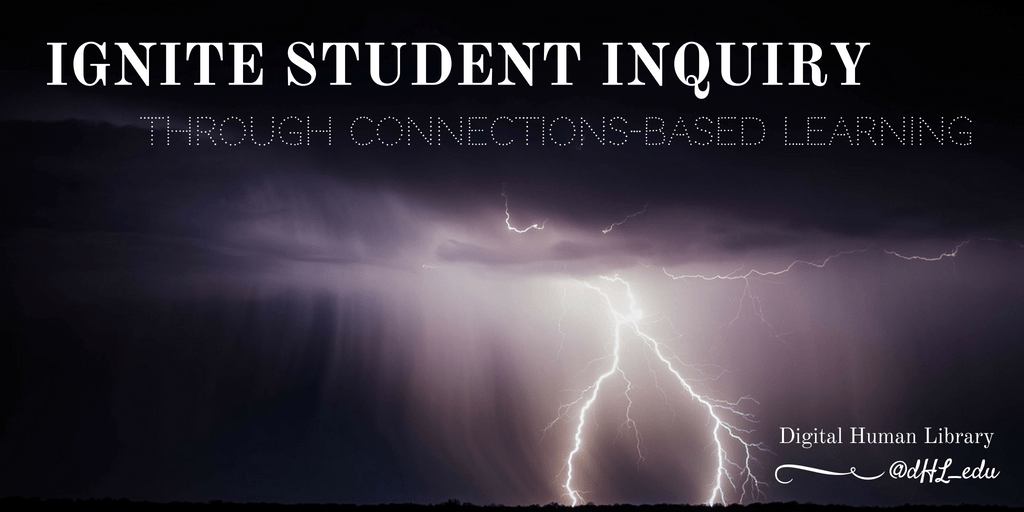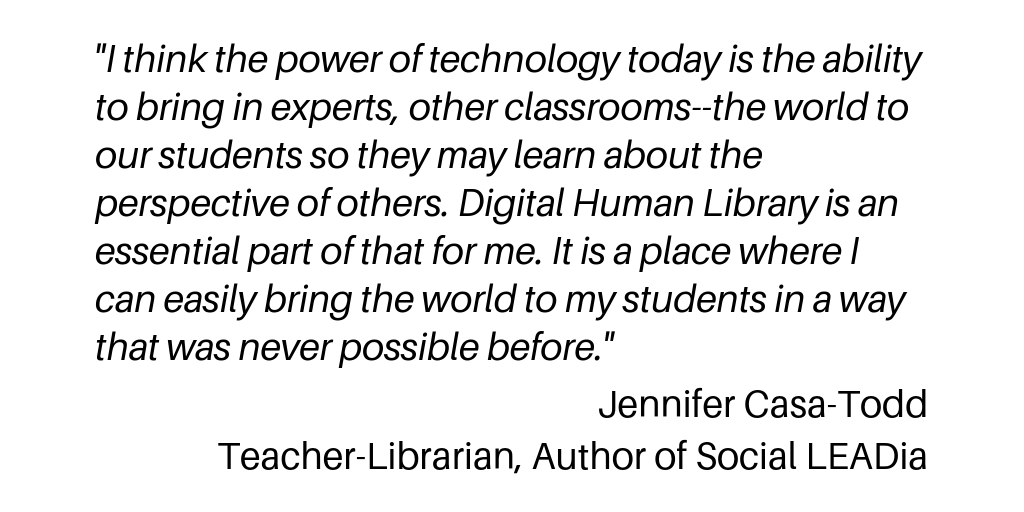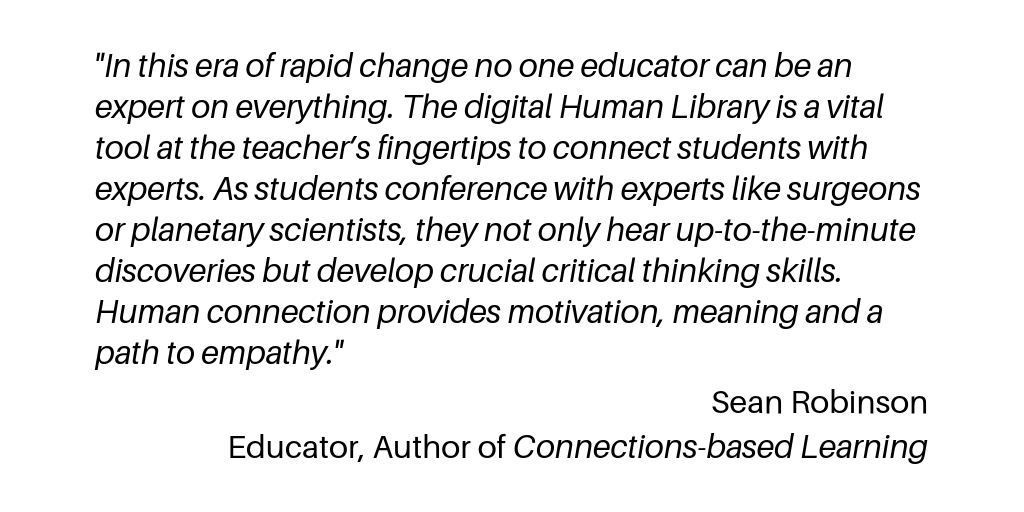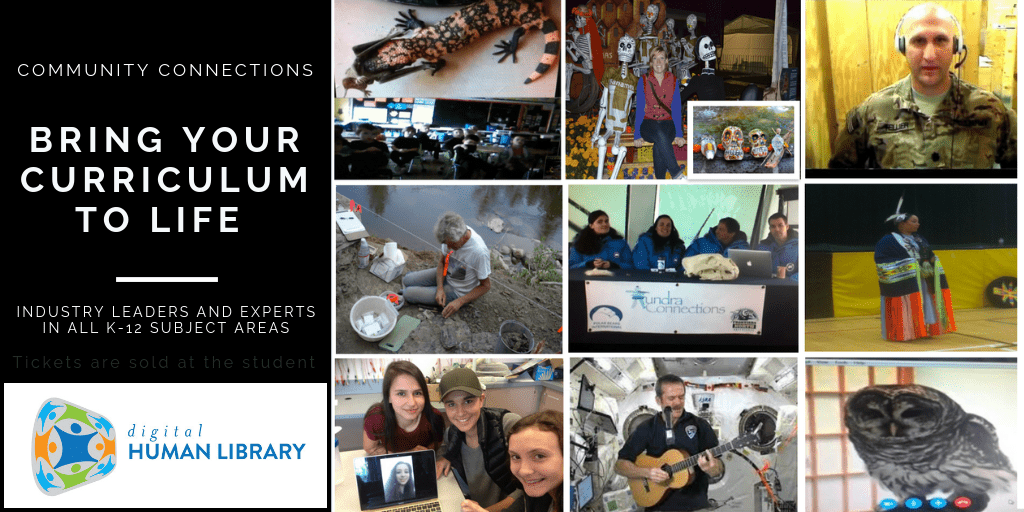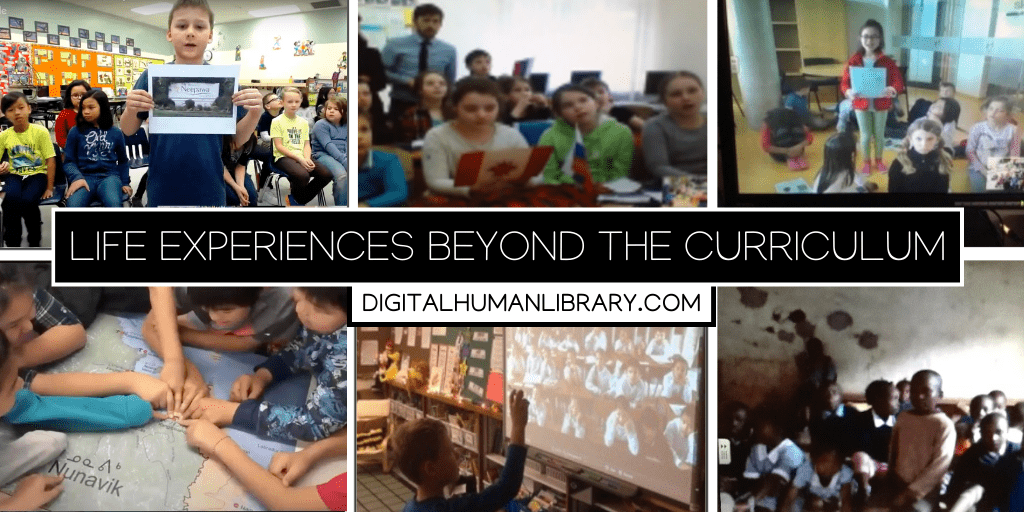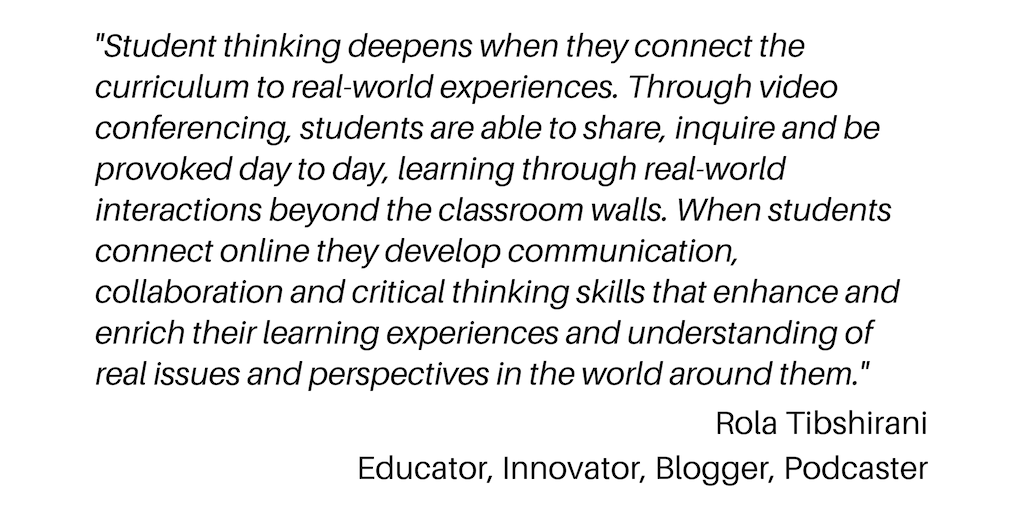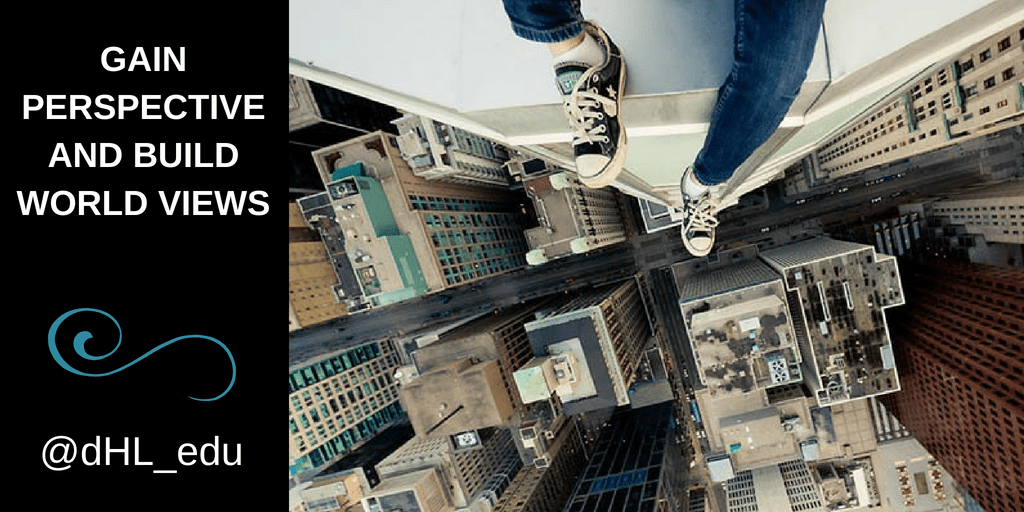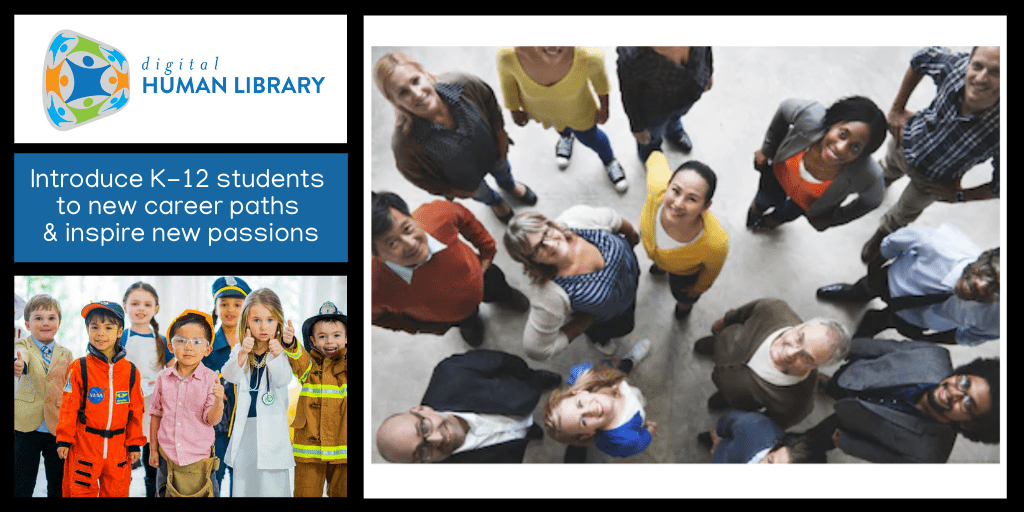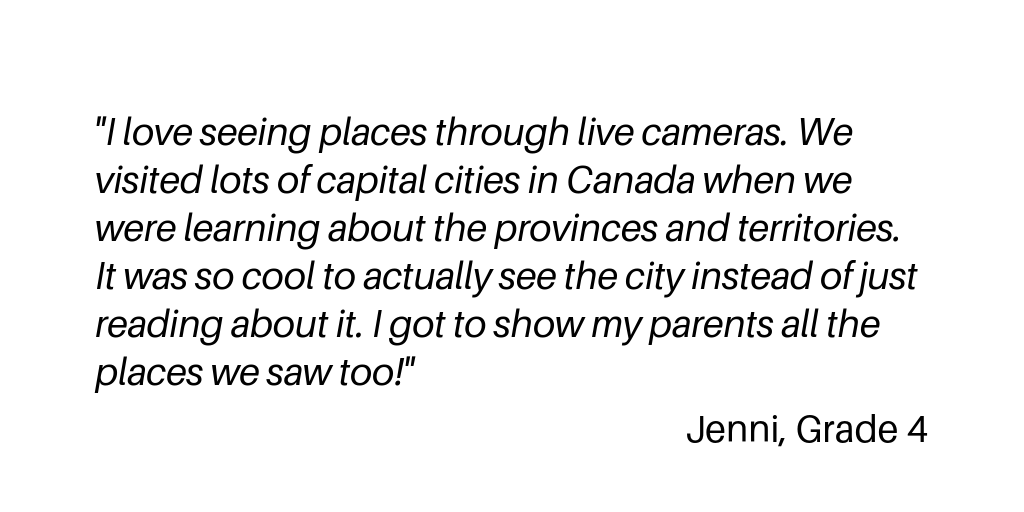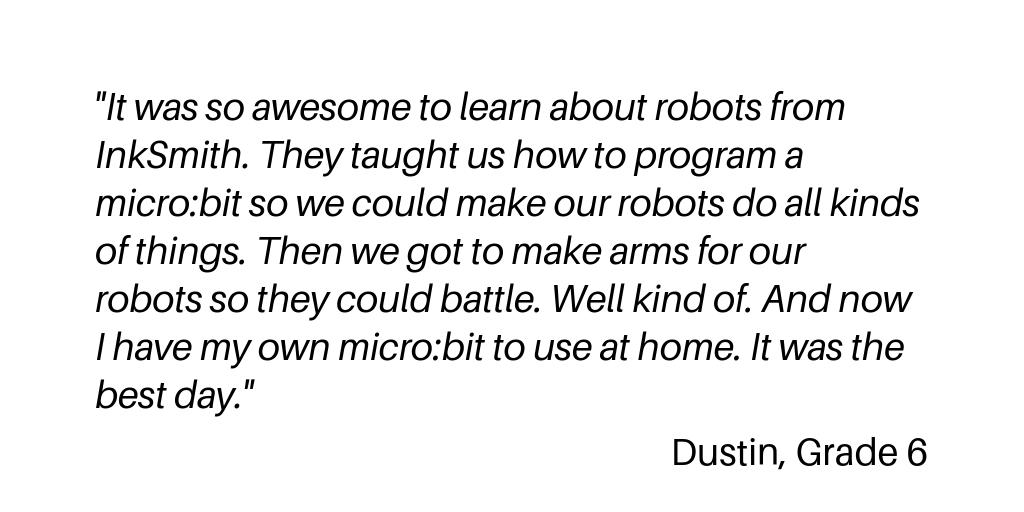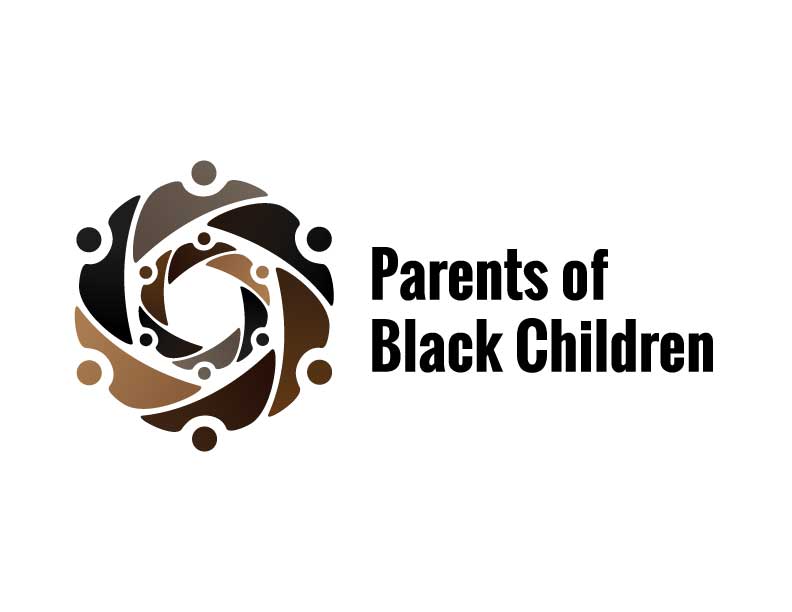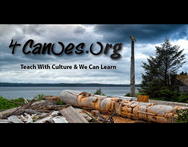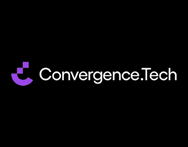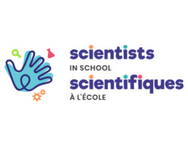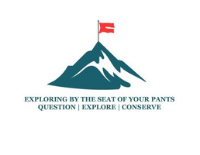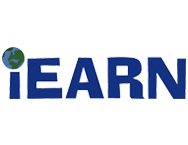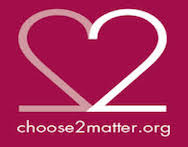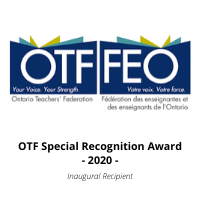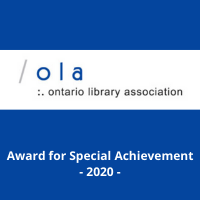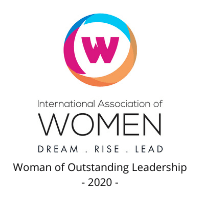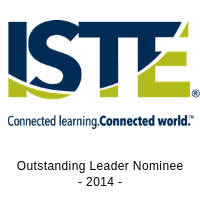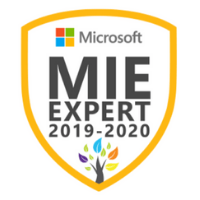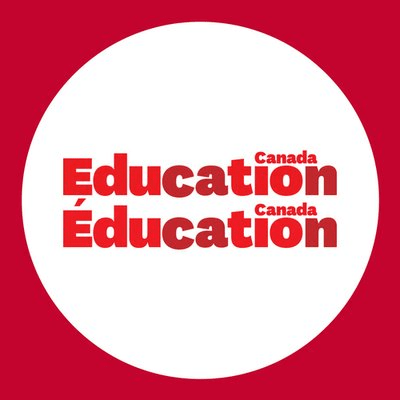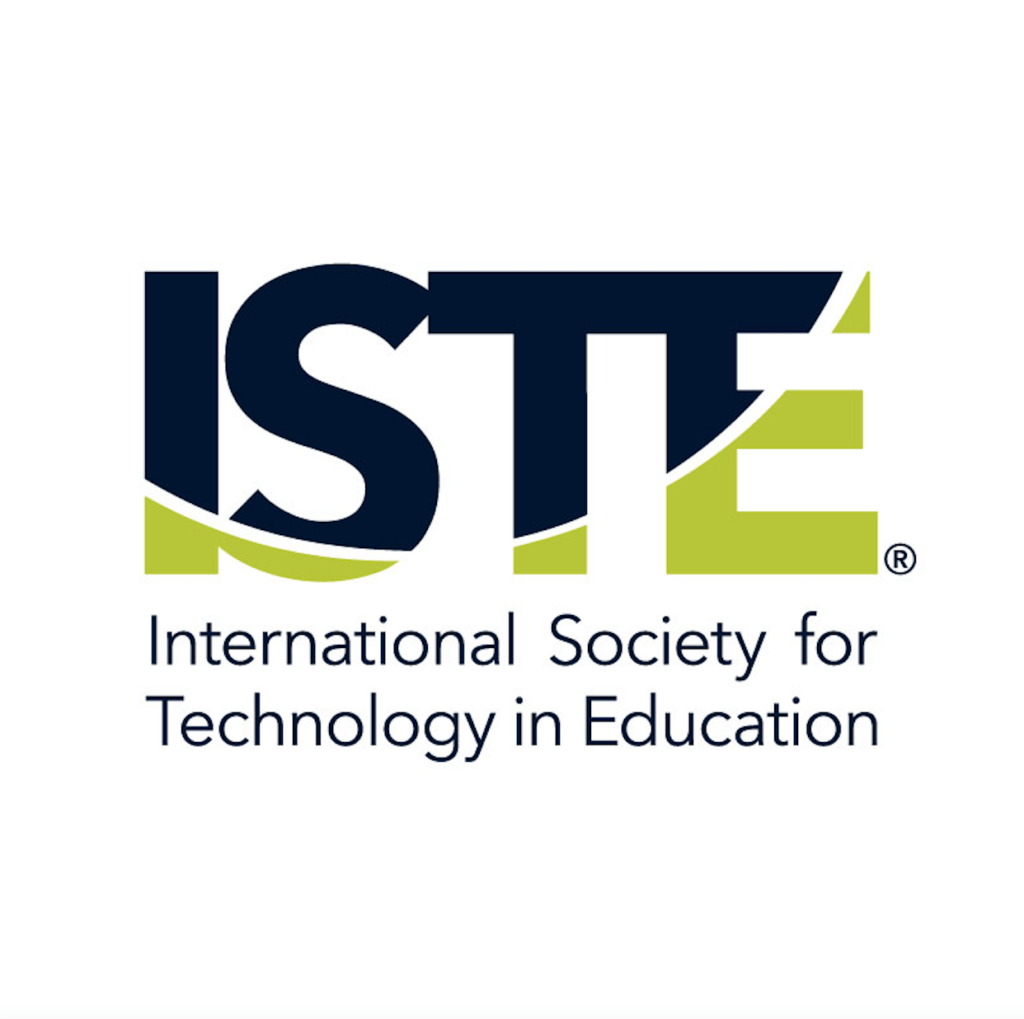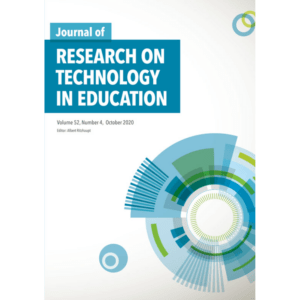The following post was contributed by Sadaf Taimur, SDG Expert at dHL.
Meet Sadaf

Sadaf Taimur is a Japanese Government (MEXT) Scholar at The University of Tokyo, Japan.
Her research is on Education for Sustainable Development and Global Citizenship. Sadaf has 6+ years of experience in the education and development sector and she is eager to connect with students to nuture their development as Sustainability Leaders.
Sadaf’s Experience & Expertise
Sadaf has studied Environmental Sciences & Education Planning & Management and she remained a member of Silver Oaks Schools & College System for 5 years. Sadaf has also:
- (a) managed communications, advocacy & youth mobilization at Idara-e-Taleem-o-Aagahi (ITA)-Centre of Education & Consciousness;
- (b) Worked as an Advisory Mentor for Queen’s Young Leaders Program (UK);
- (c) co-founded Youth General Assembly (YGA) (a social movement, to train & mobilize youth to work on UN’s Sustainable Development Agenda)
- (d) contributed on the Advisory Board of the “Global Education Conference”, U.S.A. tracking indicators for SDG-4, Target 4.7, in Pakistan, as a consulting member at PAL network’s communication & advocacy working group
- (e) proposed recommendations on education & sustainable development as a G20 Global Changer for G20 leaders, which were presented at G20 Summit, 2017 (Germany)
What She Offers
As we all know that humanity’s unsustainable practices are evident as pollution, inequalities, illness, poverty, climate change, wars – all of which are complex, have high potential of damage and need immediate attention. Hence, sustainability as an emerging field has been established to respond to these wicked sustainability challenges through transformational action.
During my program, my goal is to engage and inspire sustainability citizens and leaders. I am looking to transform students’ world view of learners regarding various sustainability challenges at hand, and to develop their ability to analyze sustainability challenges across different domains (social, economic and environmental) and scales (local and global). In order to nurture sustainability leaders, education needs to allow learners to construct, critique and act with high degree of autonomy and self-determination. The challenge is that transmissive methods are not fit to equip students with the competencies necessary to solve issues so complex and deeply challenging as is the case with sustainability challenges. There is a need for the kind of learning which can explore the depth of things and brings about paradigmatic shift – a shift from transmissive to transformative learning. As such, I will integrate a transformative learning approach in my program with facilitated discussions on reading material provided prior to the program. The following sources have some examples of reading material which will be assigned to the students one week prior to program, but this reading material may change based on student needs.
Sample Sources:
(a) http://www.comicsunitingnations.org
(b) https://www.unicef.org/agenda2030/files/TWWW_A4_Single_Page_LowRes_English.pdf
(c) http://worldslargestlesson.globalgoals.org
Discussion questions and format will be prepared by the facilitator.
Request a Program
Log in to Digital Human Library and search our Experts for Sadaf. Once you’ve found her profile, connect with her and request a program!
Awards & Accolades
Sadaf has been honoured worldwide for her contributions to sustainability:
- Global Education Supplies & Solutions (GESS) Outstanding Contribution in Education Award, 2016 (Dubai)
- Dalai Lama Fellow (2016, U.S.A.)
- Represented Pakistan as Youth Delegate UNESCO-MGIEP at “UNESCO week for peace & sustainable development: Role of Education” (Canada) and as Youth Champion at Rise Up’s Youth Champions Initiative Incubator (U.S.A.)
- Named as an UNLEASHER in Denmark involved in co-creating youth-led solutions (using education as a core tool), along with global talents from 125 countries, to achieve UN’s Sustainable Development Goals
This post is also available in: Français (French)


